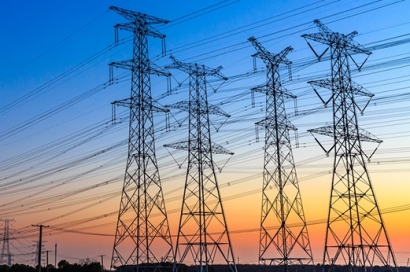
Demand for electricity in Egypt is expected to grow significantly over the next 10 years due to economic growth. The project will address Egypt’s key challenge in reaching its strategic objective in the energy sector by expanding the country’s electricity transmission network.
The EBRD funds will facilitate the integration of 1.3 GW of new renewable energy into the Egyptian electricity system by connecting new renewable energy plants, with the help of new or refurbished high-voltage substations. In addition, the investment will help in reducing electricity losses, thus saving 77,000 tons of CO2 emissions per year.
The EBRD will also assist EETC and the electricity regulator in designing and structuring a regulatory framework for private-to-private projects, developing a new channel for the growth of the private renewable sector, which will further improve the sector’s competitiveness. This is linked to the electricity law that was passed in 2015, which sets out a roadmap for the liberalisation and reform of the power sector, driven by the government’s aim to generate 20 per cent of Egypt’s energy from renewable sources by 2022.
This project is also supported by the EBRD’s Southern and Eastern Mediterranean (SEMED) Multi-Donor Account (Australia, Finland, France, Germany, Italy, the Netherlands, Norway, Spain, Sweden, Taipei China and the United Kingdom) and is expected to be supported by the European Union through a €20 million grant.

